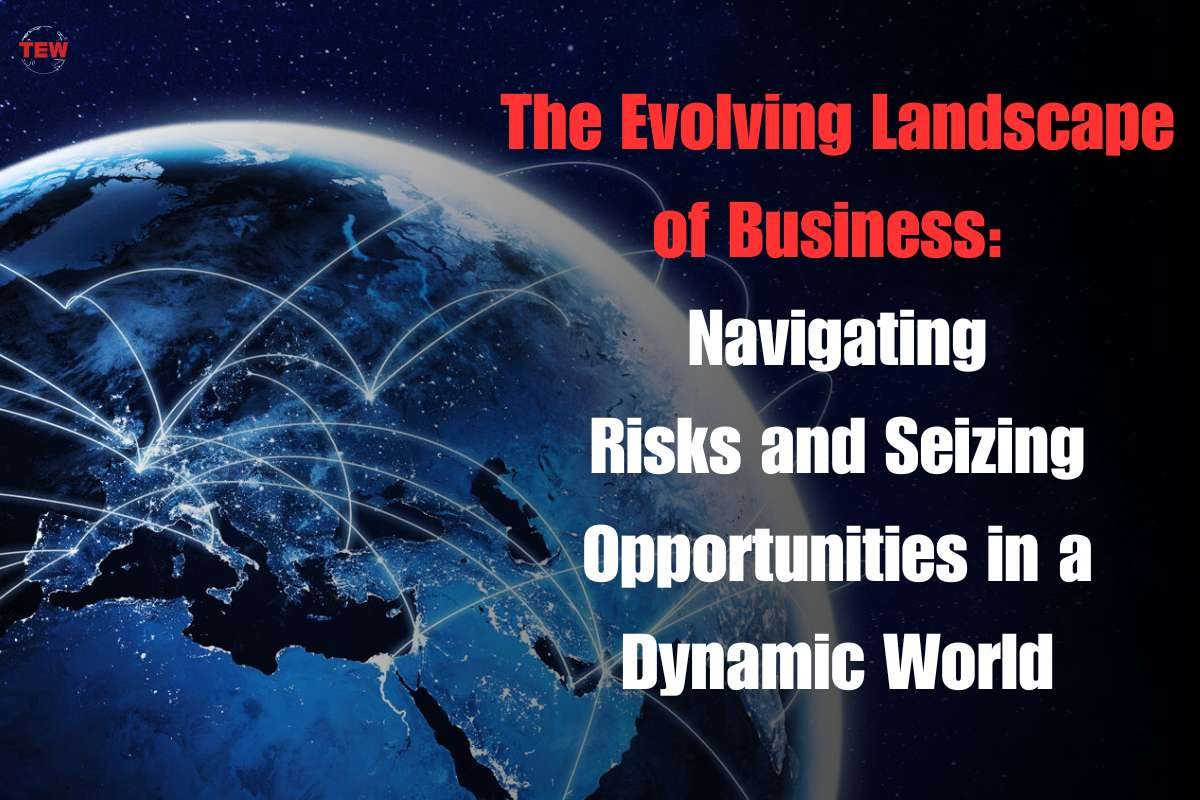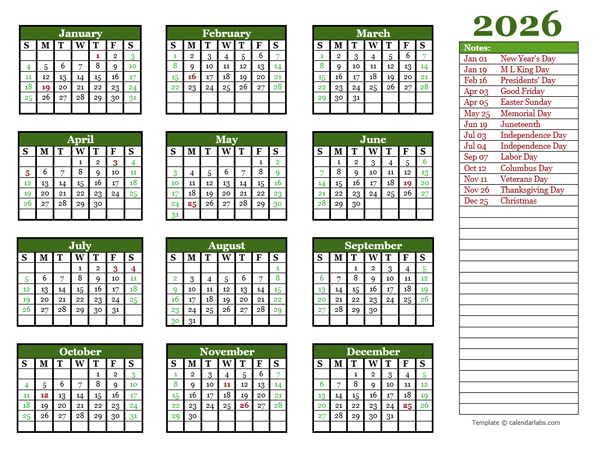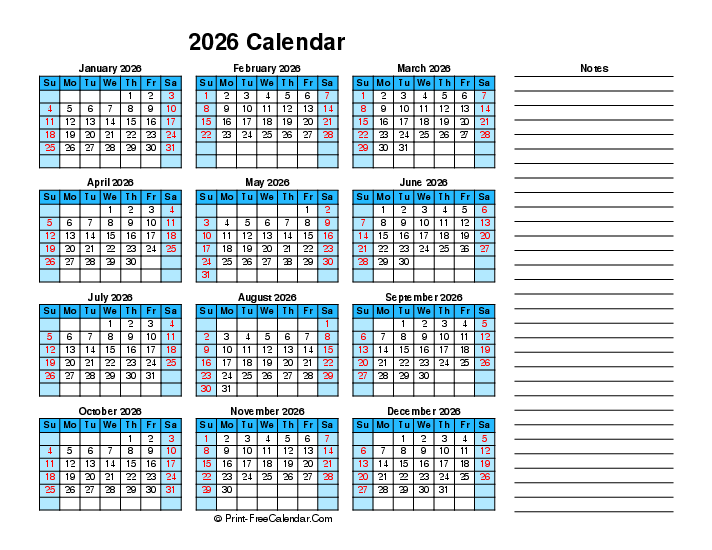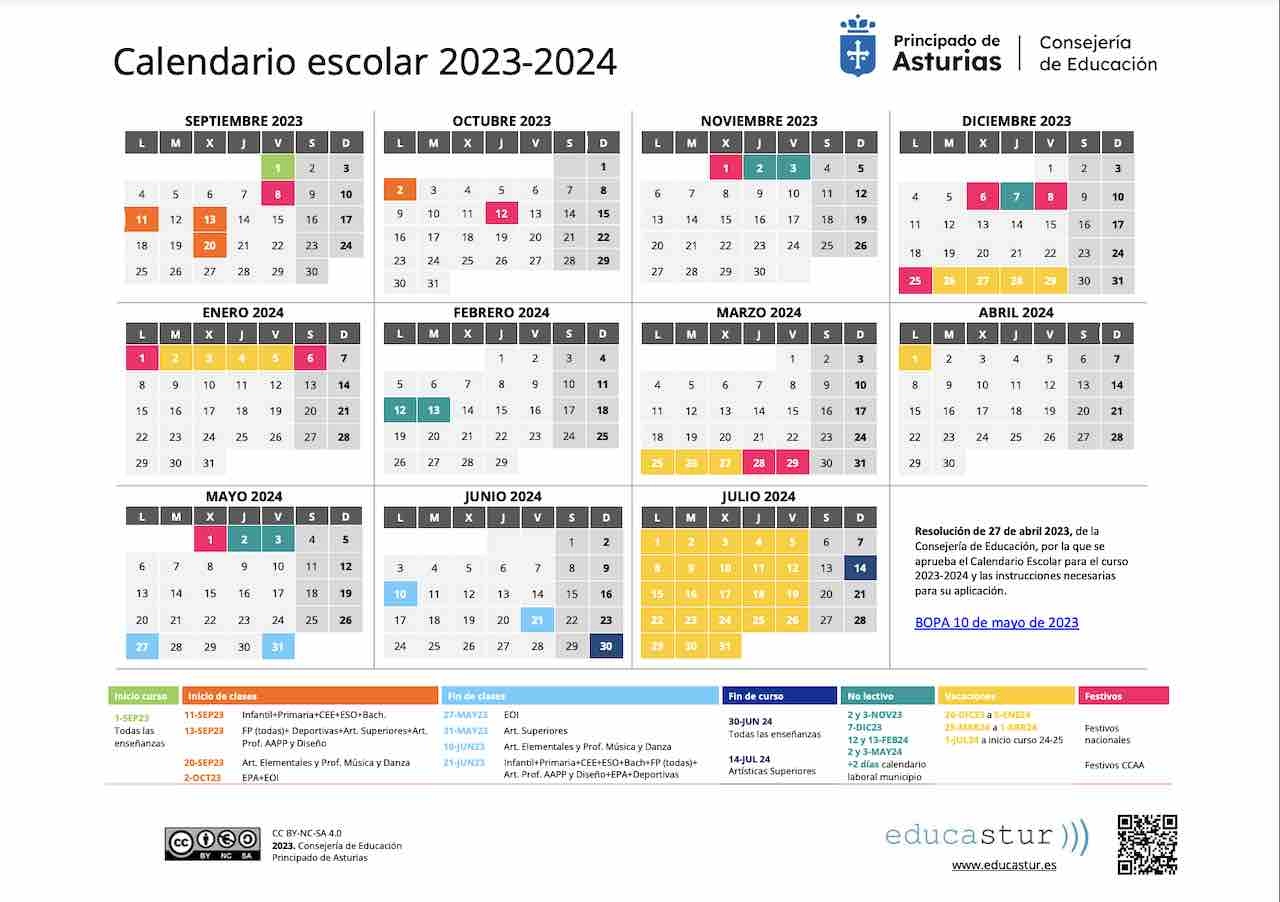Navigating the Future: Gmail, Calendar 2026, and the Evolving Panorama of Productiveness

The yr is 2026. The hum of interconnected units is fixed, AI assistants are ubiquitous, and the road between work and private life continues to blur. On this hyper-connected world, environment friendly communication and meticulous group usually are not simply fascinating, they’re important. And on the coronary heart of this digital ecosystem, Google’s Gmail and Calendar stand as cornerstones of productiveness, continuously evolving to satisfy the calls for of a quickly altering world.
Let’s delve into a possible imaginative and prescient of Gmail and Calendar in 2026, exploring the options, integrations, and developments that might outline our digital lives and reshape the way in which we handle our time and communication.
Gmail in 2026: Past E-mail, a Central Hub for Communication and Collaboration
By 2026, Gmail will doubtless have transcended its conventional position as a easy e mail shopper. As an alternative, it should have advanced right into a complete communication and collaboration platform, seamlessly integrating numerous communication channels and leveraging AI to streamline workflows.
1. AI-Powered E-mail Administration:
- Predictive Prioritization: Overlook endlessly scrolling by an overflowing inbox. AI algorithms will intelligently analyze the sender, content material, and context of every e mail to foretell its significance and prioritize accordingly. Pressing emails from key purchasers or important venture updates will mechanically rise to the highest, guaranteeing nothing vital will get missed.
- Good Summarization: Time is a valuable commodity. Gmail will mechanically generate concise summaries of lengthy e mail threads, extracting key info and motion objects. This characteristic shall be significantly priceless for staying on high of complicated initiatives and avoiding info overload.
- Automated Response Era: Must shortly acknowledge receipt of an e mail or decline a gathering invitation? AI-powered response era will present contextually related options, permitting customers to reply with a single click on or customise a pre-written message. This may drastically scale back the time spent on repetitive duties and enhance general effectivity.
- Enhanced Spam Filtering: Spam has all the time been a persistent drawback. In 2026, AI will play a vital position in figuring out and filtering out undesirable emails with unprecedented accuracy. Superior machine studying fashions will study from consumer conduct and adapt to evolving spam techniques, offering a near-perfect spam-free inbox.
- Proactive Risk Detection: Past spam, Gmail will supply superior risk detection capabilities, figuring out phishing makes an attempt, malware, and different malicious content material in real-time. Customers will obtain speedy alerts and steerage on tips on how to shield themselves from potential safety threats.
2. Seamless Integration with Different Communication Channels:
- Unified Messaging: Gmail will combine seamlessly with different communication platforms, reminiscent of Google Chat, Meet, and probably even third-party messaging apps like Slack or Microsoft Groups. Customers will be capable to entry all their communication channels from a single, unified interface, eliminating the necessity to swap between a number of functions.
- Voice and Video Integration: Voice and video communication shall be deeply built-in into the Gmail expertise. Customers will be capable to provoke voice or video calls instantly from their inbox, seamlessly transitioning between e mail and real-time communication.
- AI-Powered Transcription and Translation: Voice and video messages shall be mechanically transcribed and translated into a number of languages, facilitating communication with colleagues and purchasers world wide. This may break down language limitations and foster higher collaboration.
3. Enhanced Collaboration Options:
- Actual-Time Co-Enhancing: Gmail will permit customers to co-edit paperwork, spreadsheets, and shows instantly throughout the e mail interface. This may streamline collaboration and eradicate the necessity to continuously trade attachments.
- Built-in Undertaking Administration Instruments: Fundamental venture administration options, reminiscent of job task, progress monitoring, and file sharing, shall be seamlessly built-in into Gmail. This may permit customers to handle small to medium-sized initiatives with out leaving their inbox.
- Contextual Collaboration Options: AI will analyze e mail content material and counsel related collaborators, paperwork, and assets. This may assist customers shortly join with the proper individuals and entry the knowledge they should get the job completed.
4. Personalised and Adaptive Interface:
- Dynamic Structure and Themes: Gmail’s interface will adapt to consumer preferences and machine sorts. Customers will be capable to customise the format, themes, and font sizes to create a personalised and cozy studying expertise.
- Contextual Data Show: Gmail will show related info based mostly on the context of the e-mail. For instance, if an e mail accommodates a flight affirmation, Gmail will mechanically show flight particulars, gate info, and potential delays.
- Adaptive Studying and Suggestions: Gmail will study from consumer conduct and supply customized suggestions for enhancing productiveness and effectivity. This might embrace options for establishing filters, creating templates, or utilizing particular options.
Calendar 2026: Extra Than Simply Scheduling, an Clever Time Administration Assistant
By 2026, Google Calendar may have advanced from a easy scheduling instrument into an clever time administration assistant, proactively managing schedules, optimizing productiveness, and offering priceless insights into how customers spend their time.
1. AI-Powered Scheduling and Optimization:
- Clever Assembly Scheduling: Calendar will leverage AI to mechanically discover the very best time for conferences, taking into consideration individuals’ availability, time zones, and preferences. It can additionally take into account journey time, buffer time between conferences, and even the optimum time of day for various kinds of duties.
- Automated Activity Scheduling: Calendar will combine with job administration functions and mechanically schedule duties based mostly on precedence, deadlines, and out there time. It can additionally intelligently reschedule duties if conflicts come up or deadlines change.
- Journey Optimization: For customers who journey regularly, Calendar will mechanically think about journey time, flight schedules, and potential delays. It can additionally present options for optimizing journey routes and minimizing journey time.
- Good Time Blocking: Calendar will proactively counsel time blocks for centered work, train, or private appointments. It can additionally study from consumer conduct and counsel optimum time blocks based mostly on their productiveness patterns.
2. Enhanced Integration with Different Purposes and Companies:
- Seamless Integration with Gmail: Calendar will seamlessly combine with Gmail, mechanically detecting and including occasions from emails. It can additionally present reminders and notifications for upcoming occasions instantly throughout the Gmail interface.
- Integration with Health Trackers and Well being Apps: Calendar will combine with health trackers and well being apps to trace train routines, sleep patterns, and different well being metrics. This knowledge shall be used to optimize scheduling and promote a wholesome work-life steadiness.
- Integration with Good Dwelling Gadgets: Calendar will combine with sensible house units, permitting customers to manage lighting, temperature, and different environmental elements based mostly on their schedule. For instance, the lights might mechanically dim when a gathering begins or the thermostat might regulate to a snug temperature earlier than arriving house.
- API Integrations with Third-Get together Companies: A strong API will permit builders to combine Calendar with a variety of third-party companies, extending its performance and creating new and modern functions.
3. Proactive Insights and Analytics:
- Time Administration Evaluation: Calendar will present detailed stories on how customers spend their time, figuring out areas the place they’re best and areas the place they may enhance.
- Assembly Effectiveness Evaluation: Calendar will analyze assembly knowledge, reminiscent of attendance, period, and participant engagement, to offer insights into assembly effectiveness. This info can be utilized to optimize assembly schedules and enhance assembly outcomes.
- Burnout Prevention: Calendar will monitor consumer exercise and establish potential indicators of burnout, reminiscent of extreme workload, lack of sleep, or missed breaks. It can then present options for decreasing stress and selling well-being.
- Personalised Suggestions: Primarily based on consumer knowledge and conduct, Calendar will present customized suggestions for enhancing productiveness, managing time successfully, and reaching private objectives.
4. Enhanced Collaboration and Sharing Options:
- Versatile Sharing Choices: Calendar will supply a variety of sharing choices, permitting customers to share their calendars with particular people, teams, or the general public. They may even be capable to management the extent of entry granted to every consumer.
- Collaborative Occasion Planning: Calendar will facilitate collaborative occasion planning, permitting a number of customers to contribute to the scheduling and group of occasions. This may streamline the method of planning conferences, conferences, and different group actions.
- Automated Assembly Summaries: After every assembly, Calendar will mechanically generate a abstract of the important thing dialogue factors, motion objects, and selections made. This may assist individuals keep knowledgeable and make sure that follow-up actions are taken.
Challenges and Issues:
Whereas the potential advantages of those developments are vital, there are additionally a number of challenges and concerns that should be addressed.
- Privateness Issues: The growing reliance on AI and knowledge assortment raises issues about privateness. Google might want to make sure that consumer knowledge is protected and used responsibly.
- Safety Dangers: As Gmail and Calendar grow to be extra built-in with different functions and companies, additionally they grow to be extra weak to safety threats. Google might want to make investments closely in safety measures to guard consumer knowledge from cyberattacks.
- Dependence on Know-how: Over-reliance on expertise can result in decreased human interplay and a lack of important abilities. You will need to discover a steadiness between leveraging expertise and sustaining human connection.
- Accessibility and Inclusivity: Google wants to make sure that Gmail and Calendar are accessible to customers of all talents, together with these with disabilities. The platform also needs to be inclusive of various cultures and languages.
Conclusion:
Gmail and Calendar in 2026 have the potential to be highly effective instruments for enhancing productiveness, enhancing communication, and managing time successfully. By leveraging AI, integrating with different functions, and offering proactive insights, these platforms may also help customers navigate the complexities of a hyper-connected world and obtain their private {and professional} objectives. Nonetheless, it’s essential to deal with the challenges and concerns surrounding privateness, safety, dependence on expertise, and accessibility to make sure that these developments profit all customers and contribute to a extra equitable and sustainable future. The way forward for work and private group is undeniably intertwined with the evolution of those important instruments, and their trajectory will considerably form how we work together with the digital world for years to come back.







